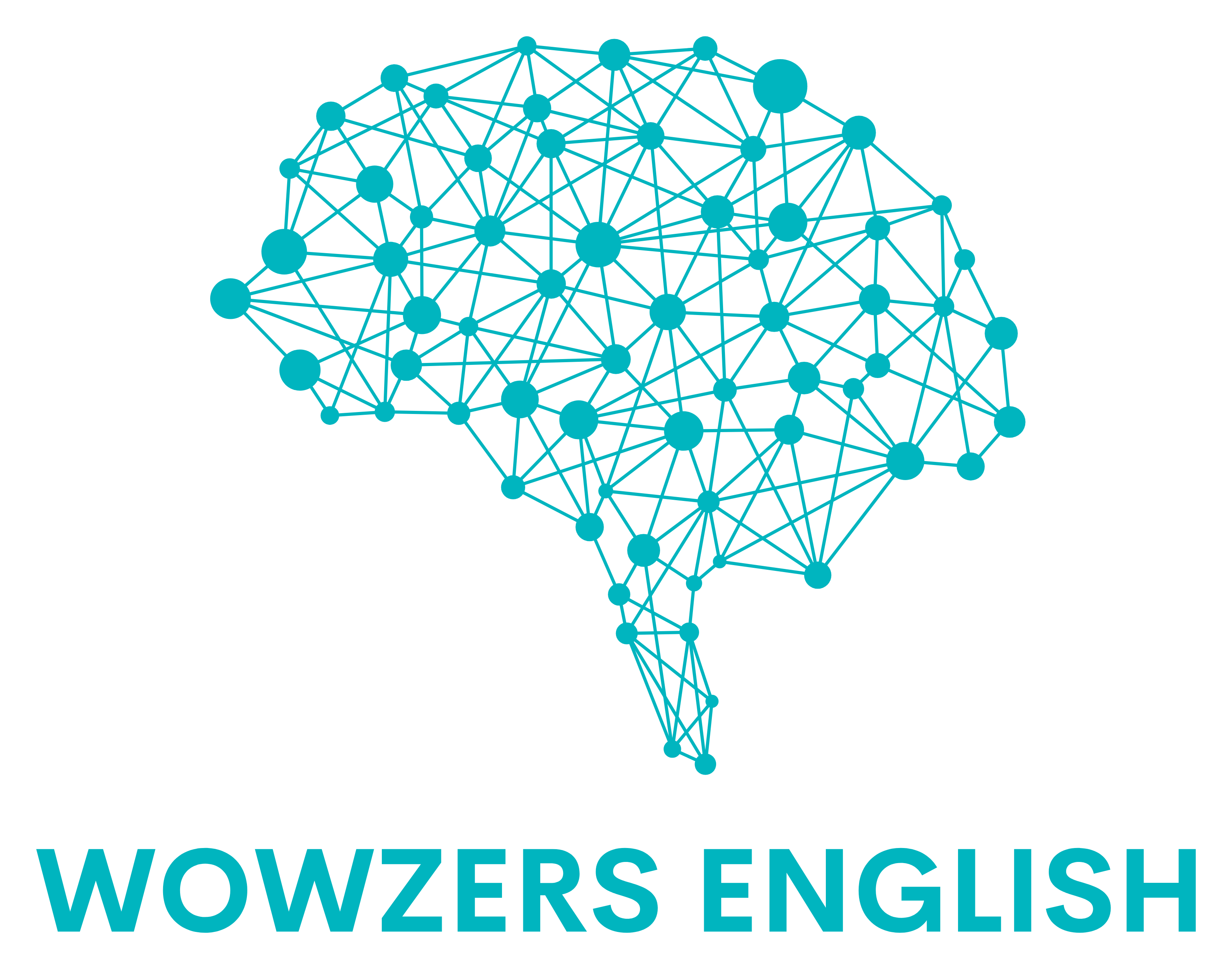Scientifically Proven Best Ways to Study
For those of us in school who are trying to figure out the most effective way to study, science is here to help. While it has been traditionally thought that long hours in front of the computer or in the library are required to maximize study time, this is actually not the case. So forget about long nights with eyelids drooping over pages of text, scientific research has shown that that isn’t the way to study smart. It turns out smart studying is a lot more fun than we might have thought. What cool techniques work best to maximize study time before an important exam? We’ll find out in this episode of The Infographics Show, “Scientifically Proven Best Ways to Study.”
First of all, exercise is an unlikely helper. Blood chemistry has been proven to change the way the brain works as the brain, receiving vital nutrients through exercise, increases its performance with a better attention span, smoother information processing, and more fluid problem-solving skills. Exercise releases an important blend of mood-altering hormones including dopamine, serotonin, and norepinephrine, greatly enhancing brain performance and information retention. So, in between study sessions, consider hitting the gym, swimming, playing a sport, or dancing because any kind of exercise improves brain power. These exercise sessions also help break up study sessions, avoiding cramming, a scientifically disproven method.
The problem with cramming is that overloaded information doesn’t enter long-term memory. Short-term memory is the free space within your brain where information rattles around. To turn that information into knowledge, we need repeated exposure, retelling, and reflection. So, if you learn about a topic, put down the book, hit the gym, reflect on it, or talk to someone with knowledge on the subject to retain that short-term information and turn it into long-term knowledge.
You must also vary your study program. Smart study isn’t just about reading the material over and over again. Although this may seem easy, it is counterproductive. A study from Washington University found that testing is far more effective than rereading. So, in between exercise and study sessions, test yourself or find a study partner and test each other, compare results, and talk about them. There’s no reason to study alone and without adequate testing, you won’t see where the real information gaps are.
Finally, get as much sleep as you can because sleep is crucial to brain development. Our alpha brain waves are most active when we’re awake for the first few hours of the day, the brain state best suited for acquiring information and knowledge. A good study program should include exercise, short intense study sessions, social learning, a good night’s sleep, and perhaps a power nap in the afternoon. Sleep helps brain cells grow and connect and if we think of our brain as a tree, sleep is like miracle grow. All-night study sessions don’t work as our ability to process information is hindered and the information overload is overwhelming. It can take up to 4 days for our brains to return to normal after being awake all night, so take breaks every hour and study for an hour, do some exercise, speak to a study friend, and return to the material.
While some experts argue, researchers at Stanford School of Medicine agree that playing certain types of music such as classical may help students engage with the material. While some prefer silence, an uplifting piece of non-distracting music (without lyrics) may improve mood and increase the chances of retaining information. In active learning studies, some scholars have suggested that dopamine is the brain’s save button, so some light music may help stimulate the release of dopamine and improve memory retention.

